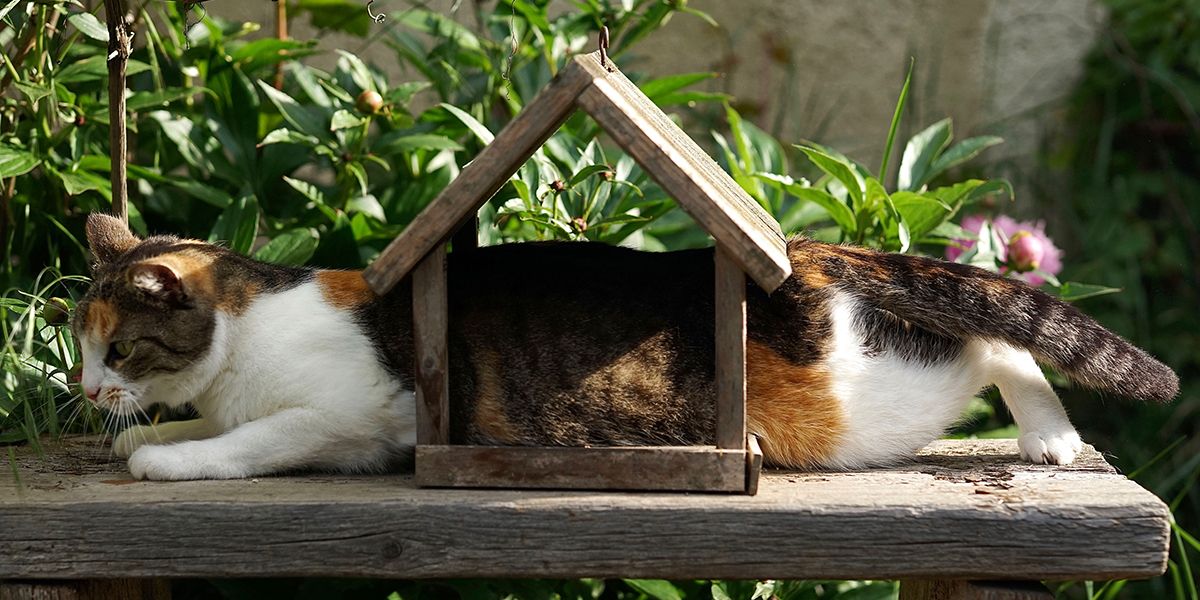What is Lenders Mortgage Insurance (LMI) and how does it work?
If you're looking to buy a home with less than 20% deposit you'll probably need Lenders' Mortgage Insurance. Learn more here.
April 01, 2019 • 2 min read

Get into the home you want sooner with LMI.

What is Lenders' Mortgage Insurance or LMI?
LMI stands for Lenders’ Mortgage Insurance and is an insurance paid by the lender when your deposit is less than 20% of your property’s purchase price, to protect them in case you can’t repay your home loan. And you cover the cost of it. In other words, if you don’t have a 20% deposit saved but want to buy a home anyway, you’re probably going to need to cover the cost of LMI.
But why? When you have a smaller deposit, the lender takes on more risk, because they have less security (a safety buffer) against your loan. A 20% deposit can take years to save, and even then, many people need to get additional assistance from family. LMI allows customers with smaller deposits, to buy their own home sooner.
How does it work?
With Tiimely ’s low deposit option, you can buy a home with as little as a 10% deposit. The amount of LMI paid will depend on how big your deposit is, but also other factors considered in your application, such as your property, employment status, and credit history. We’ll give you an estimate of the cost right away, and then the confirmed amount when you’re approved for your home loan. You don’t need to pay this amount upfront because it can be added to your home loan amount.
Helia is our Lenders’ Mortgage Insurance provider (and Tiimely shareholder), which means they’re the ones that receive the LMI premium from the lender, and they’re also the ones that the lender will make a claim on in the event of a loss associated with a customer defaulting on their home loan. Because Bendigo and Adelaide Bank fund our home loans, the risk associated with a low deposit home loan is transferred from Bendigo and Adelaide Bank, to Helia. Find out more about Helia and how LMI works, here.
Things to think about
- Using LMI to get a low deposit home loan can allow you to get into the property market much sooner, so the cost of LMI may be considerably cheaper than the increase in house prices by the time you have a 20% deposit saved.
- If you add LMI to your home loan amount, it’s capitalised, which means you’ll be paying interest on the LMI amount too. Having a larger deposit may take longer to save, but will mean you pay less interest over the life of your loan.
- The lender is the insured party, not you, the borrower, nor any guarantor.






